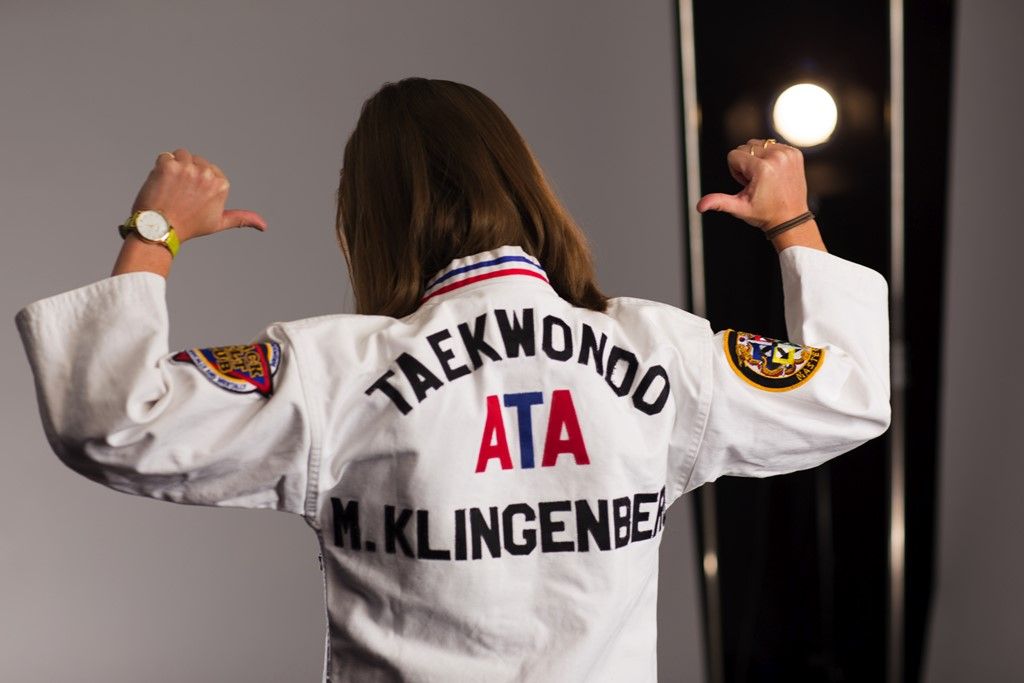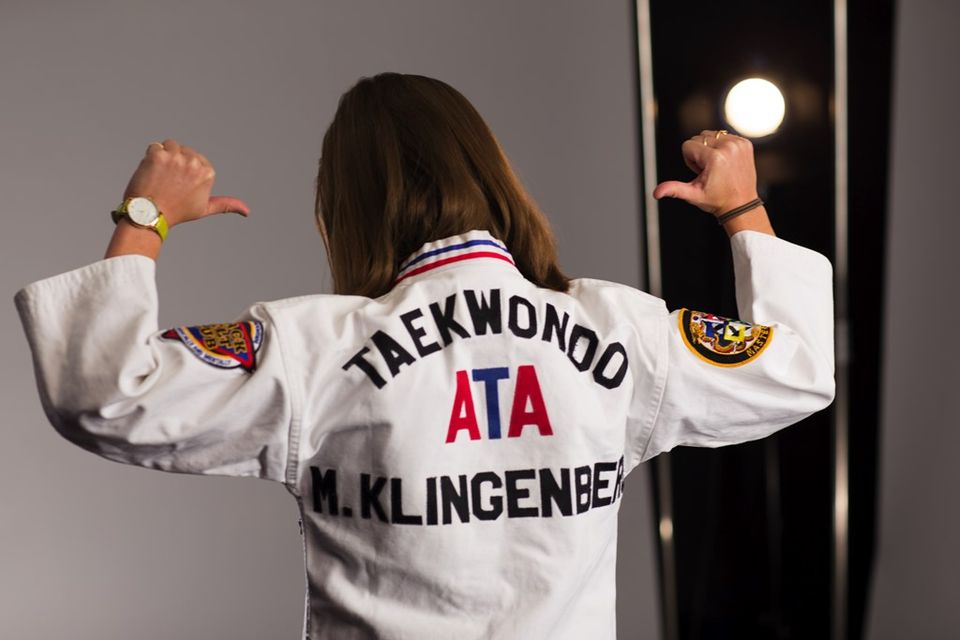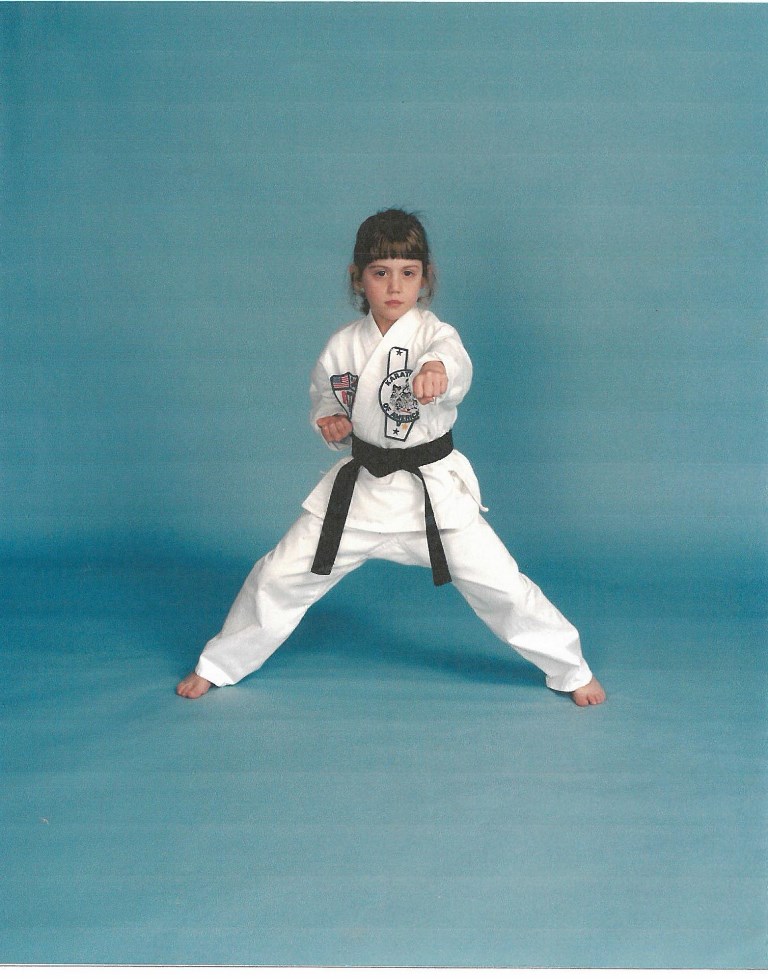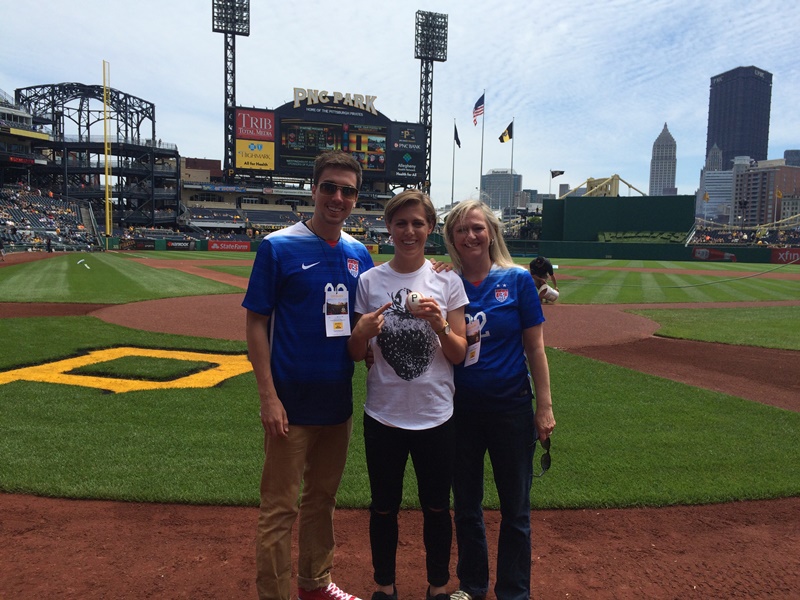Meghan Klingenberg, Streetfighter
While Meghan Klingenberg is now a starting outside back for the United States Women’s National Team, her first year of soccer, she was, in her own words, “by far the worst on the team.” Timid and shy, she didn’t understand the concept of winning the ball.


